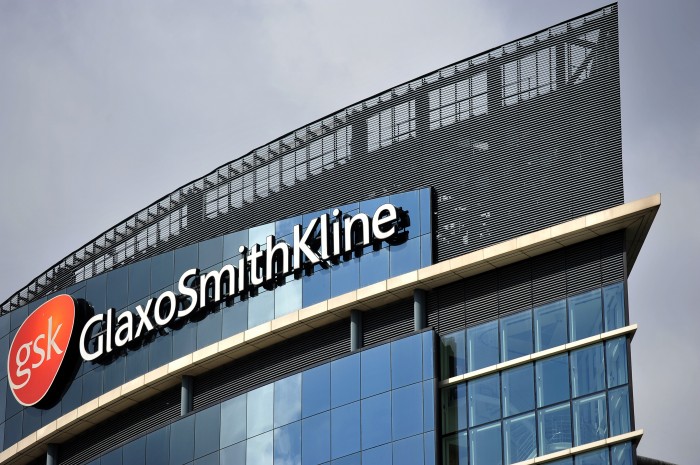A First-of-a-Kind Gene Therapy Cure Has Struggled to Find a Market

The first gene therapy to offer an out-and-out cure for any disease is for sale by its owner.
In an earnings statement released today, GlaxoSmithKline disclosed that it’s looking to sell-off its Rare Disease Unit, which made history last year by winning approval in Europe for Strimvelis, a gene-therapy to treat immune deficiency.
The treatment was just the second gene therapy to treat an inherited disease to ever reach the market, and the first to clearly and completely heal patients.
GSK’s decision to offload Strimvelis, as well as two other experimental gene therapies that have not yet been approved, highlights how challenging it has been to market complex, ultra-costly genetic treatments designed to help tiny groups of patients.
“While we have been heavily invested in this area, we believe there is someone else who can best ensure the commercial availability of these medicines for patients,” GSK spokesperson Mary Anne Rhyne said in a statement.
Strimvelis is a gene fix that involves modifying child’s bone marrow with a corrective gene. The immune ailment, referred to as ADA-SCID, is present at birth and makes kids susceptible to fatal infections.
The treatment was notable not just for its price tag of $665,000, making it among the world’s most costly medicines, but because GSK agreed to a money-back-guarantee if patients weren’t cured, a first for gene therapy.
Although GSK never thought the drug would be a blockbuster, it appeared to fall short even of modest commercial expectations. As of May, and nearly a year after its approval, GSK had sold the treatment only once. GSK said another patient had been treated since then.
One factor limiting GSK’s sales is that some parents, instead of seeking out its drug, opted to enroll their children studies of newer gene therapies, which are being provided for free as part of clinical trials (see “10 Breakthrough Technologies: Gene Therapy 2.0”).
“It was a first generation product,” Alex Pasteur, an investor with F-Prime Capital Partners and interim CEO of Orchard Therapeutics, which is sponsoring the newer studies, says of Strimvelis. “So I don’t think it’s a negative message for the field or this medical modality at all.”
Pasteur also says revenues for a rare-disease gene therapy might only ever add up to $100 million a year. Because GSK brings in $36 billion a year, Pasteur is not surprised the company is looking elsewhere for revenue. “These are pimples on the back of a whale,” he says. “But the assets could be very interesting for someone else.”
The decision to sell off its rare disease program affects two additional gene-therapies GSK had in development, including one for a terrifying childhood ailment called metachromatic leukodystrophy.
The only other approved gene therapy, Glybera, was pulled from the market this April after sales disappointed its maker, UniQure.
Keep Reading
Most Popular
Large language models can do jaw-dropping things. But nobody knows exactly why.
And that's a problem. Figuring it out is one of the biggest scientific puzzles of our time and a crucial step towards controlling more powerful future models.
How scientists traced a mysterious covid case back to six toilets
When wastewater surveillance turns into a hunt for a single infected individual, the ethics get tricky.
The problem with plug-in hybrids? Their drivers.
Plug-in hybrids are often sold as a transition to EVs, but new data from Europe shows we’re still underestimating the emissions they produce.
Google DeepMind’s new generative model makes Super Mario–like games from scratch
Genie learns how to control games by watching hours and hours of video. It could help train next-gen robots too.
Stay connected
Get the latest updates from
MIT Technology Review
Discover special offers, top stories, upcoming events, and more.